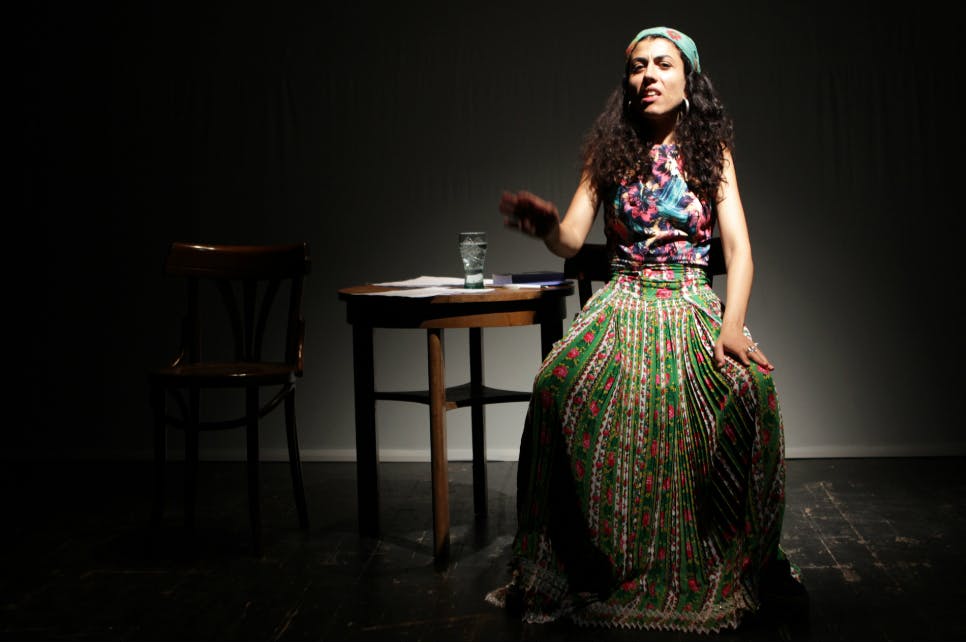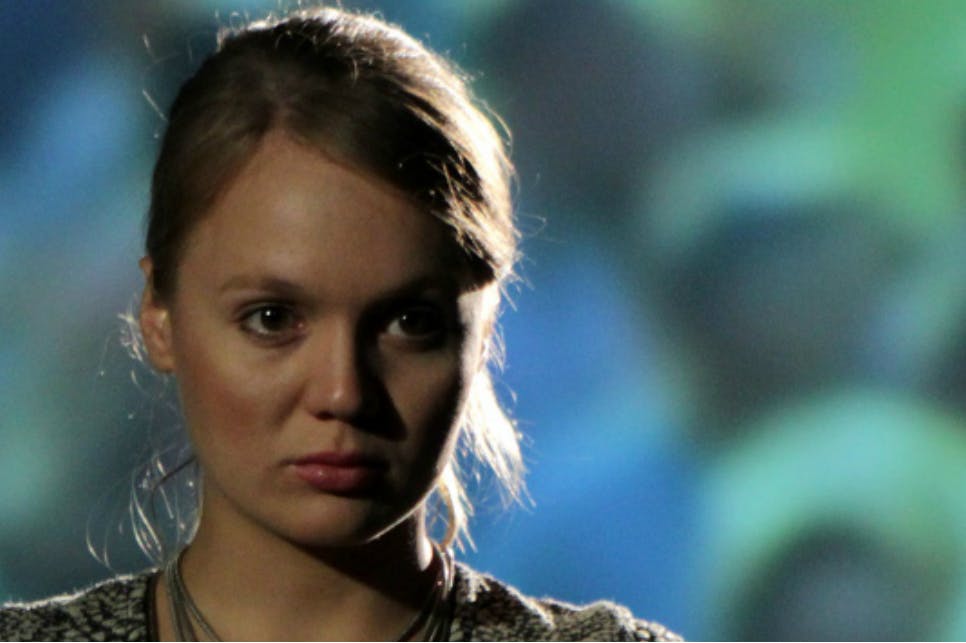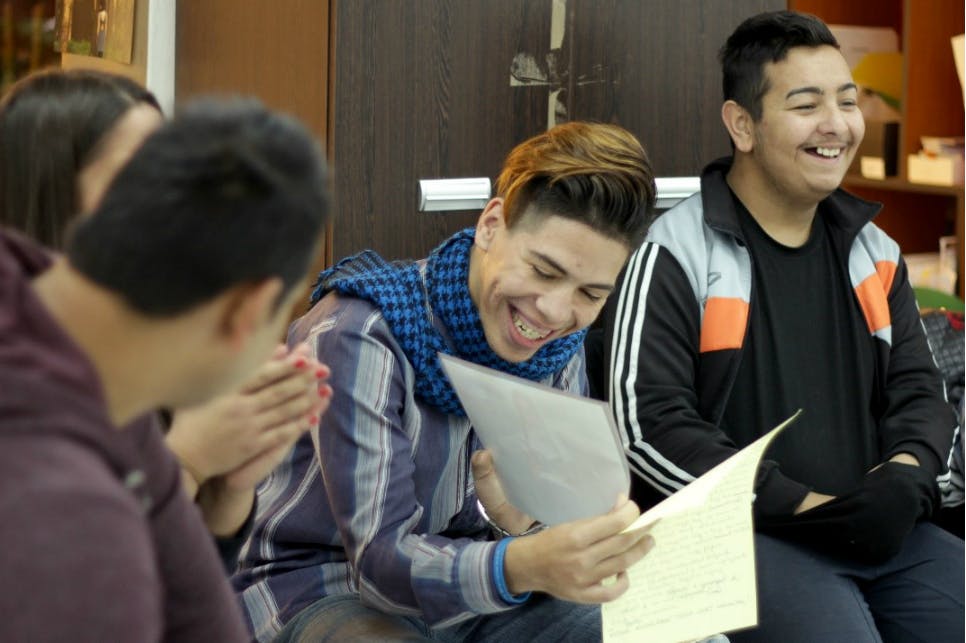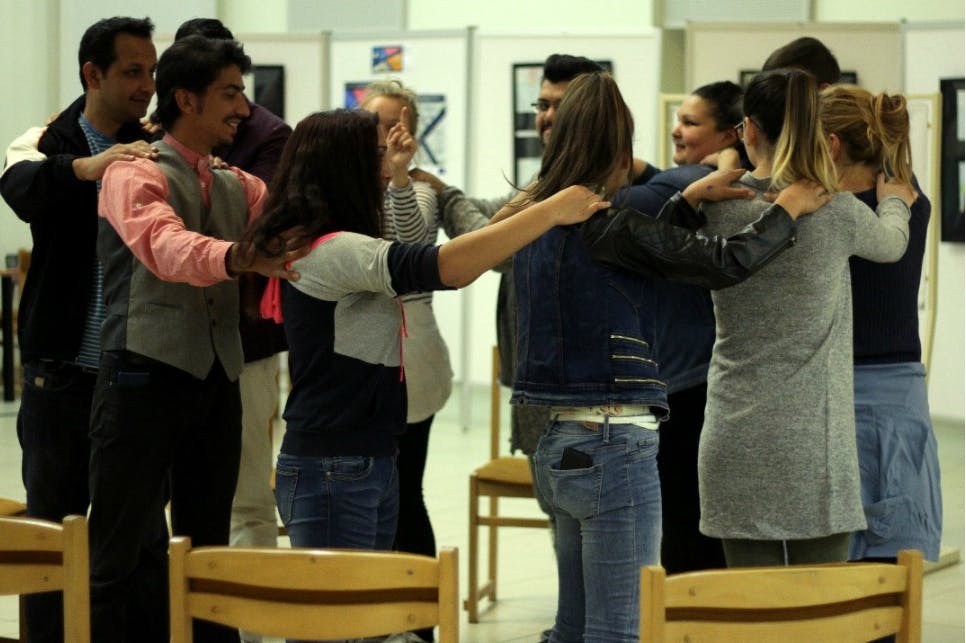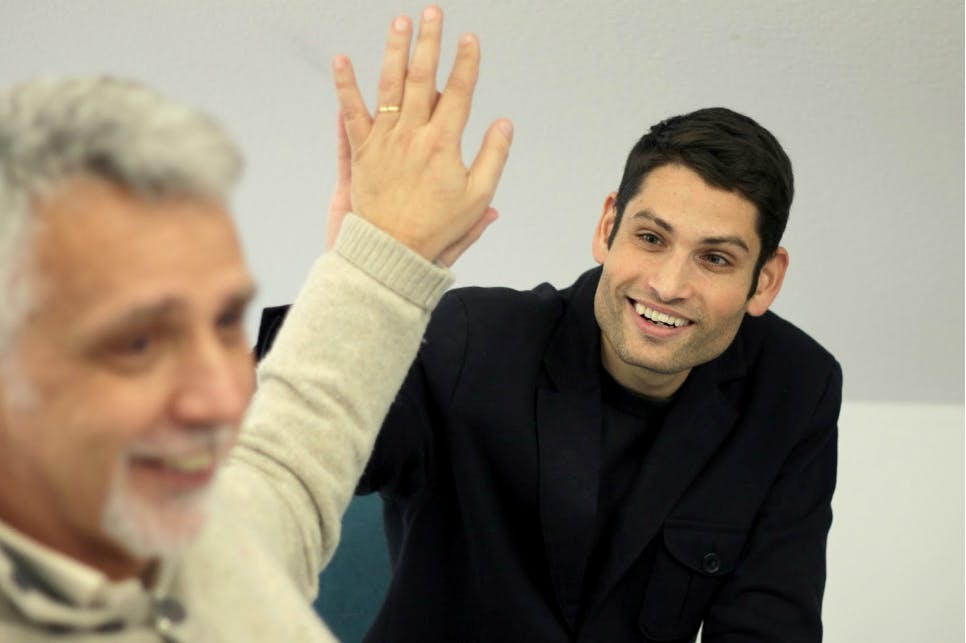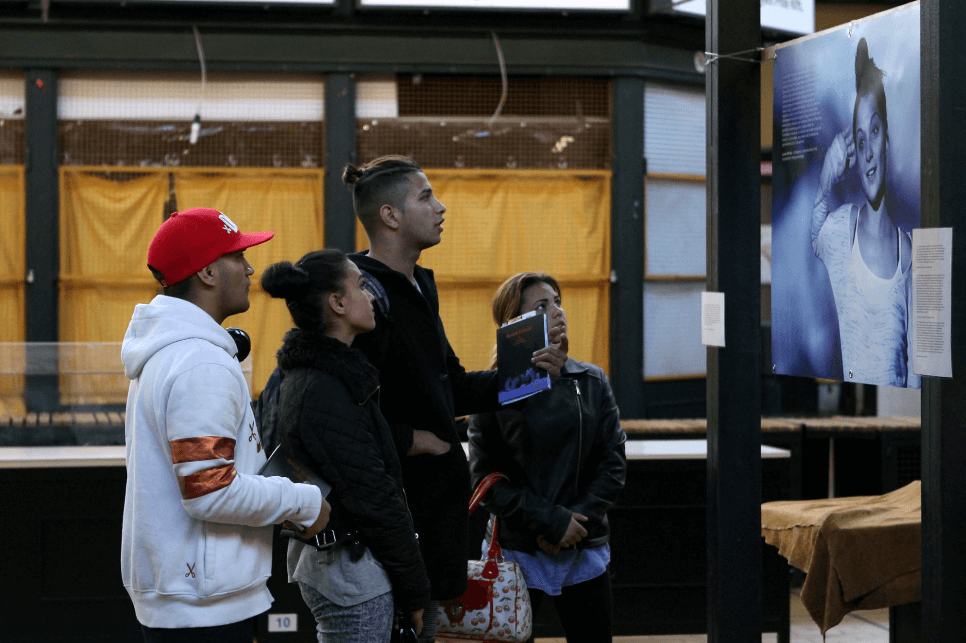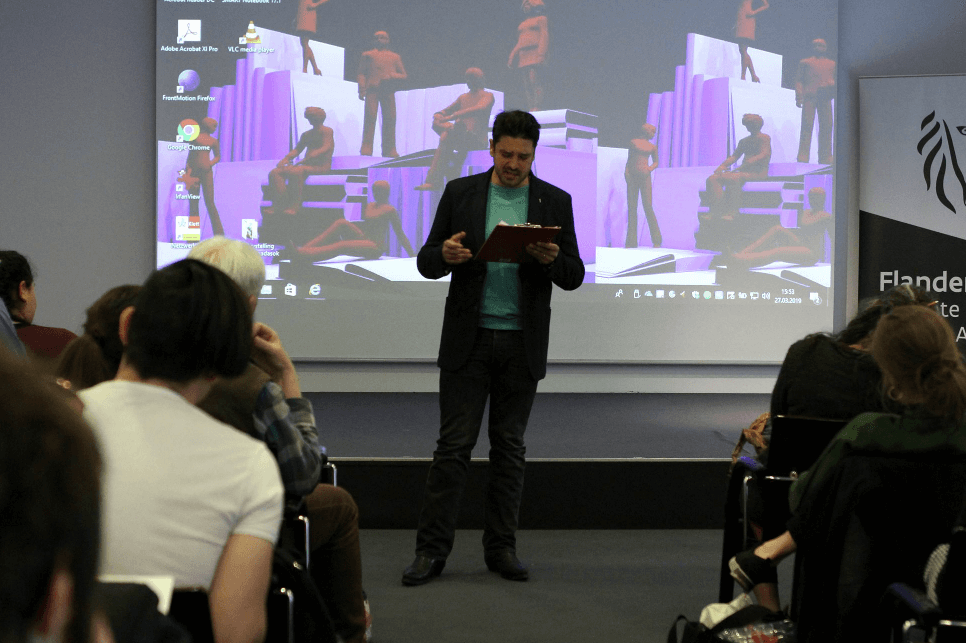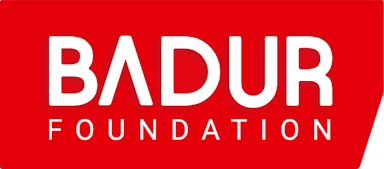Drama and storytelling are extraordinary and influential tools for shaping attitudes and inspiring action. Badur Foundation is therefore proud to be one of the main supporters of the Independent Theatre company’s educational programme, which is based on contemporary Roma plays - a debut concept in Hungary. By profiling value-led, active and successful Roma protagonists, Independent Theatre hopes to both empower Roma communities and challenge the majority’s image of the Roma community.
Contemporary Roma playwrights and their work are not widely known, despite their artistic excellence and the topical messages they aim to spread. The ground-breaking Roma Storytelling Festival in 2017 featured four strong Roma drama heroines, who challenge the status quo. One rebels against family traditions; another excels in her studies despite personal hardship, the third protests to achieve structural change and the fourth fights for historical remembrance. These powerful life stories were the basis of innovative educational material and a workshop series that Independent Theatre brought to over two-hundred, mainly Roma youngsters in order to empower them. Through interactive, engaging and cooperative workshops, young Roma people had the opportunity to relate these stories to their own personal lives. The students recognised everyday-heroes in their communities and also became conscious of their own heroic acts, which developed their self-esteem and consciousness regarding active citizenship in general. The youngsters were supported to showcase these personal stories via creative art work and some of them reached a much wider audience via the Roma Heroes blog. Last but not least, the entire methodology was made public and shared with educators, trainers and other professionals so that they can use it in their own educational processes.
Strengthening the impact of the first Roma Heroes project, the Foundation continued to support the second edition of the Roma Heroes Storytelling Festival, which took place in May 2018 to ensure even more visibility for the values of Roma dramas and heroes. Eight new plays from seven countries were translated, performed, recorded and added to the existing educational material. One of the plays, Chameleon Girl, was Independent Theatre’s (IT) own production, which was based on the personal hero stories and narratives collected from young people during the 2017 series of the Roma Heroes workshops. Using the enriched collection, IT offered further workshops to over 200 high school and university students. In addition, four university seminars were organised at leading Hungarian universities, incorporating Roma dramas into the mainstream university curriculum to initiate structural and sustainable change at an academic level.
The achievements and lessons learnt from the first two years were shared at the Roma Heroes Symposium on 27th March 2019, at which the world’s first Roma Drama Collection also debuted. The collection (which can be ordered in English and Hungarian at info@independenttheater.hu) contains five selected dramas presenting the work of:
Richard O’Neill (UK) - Hardest Word featuring Jess Smith, who stands up to the Prime Minister of Scotland advocating for an official apology for the travellers’ plight.
Michael Collins (Ireland) - It’s A Cultural Thing, Or Is It? documenting the history of the Traveller community in Ireland.
Mihaela Dragan (Romania) – Del Duma dealing with the topic of early marriages through the stories of several women.
Dijana Pavlovic (Switzerland)- Vita mia, parla vividly describing the atrocities committed by state and religious authorities against the Yenish community in Switzerland based on the autobiography of Mariella Mehr.
Franciska Farkas (Hungary) – Letter to Brad Pitt giving a detailed, sarcastic and honest account of the authors personal life.
Having extensively worked with storytelling pieces, the Roma Heroes project then focused on chamber dramas, which were even more apt to depict complex relations between heroic characters and their surroundings. In 2019, 4 pieces were showcased at the 3rd Edition of the Festival. In 2020, 8 more pieces debuted at the 4th Edition, which was held online for the first time in its history due to the Covid-19 pandemic. The online platform made it possible to widen the festival’s reach– overcoming geographical and social barriers. In total, around 6,000 viewers could enjoy the plays due to their online availability.
I think it’s a great thing there is such a festival in Hungary. Through the performances we can learn…how Roma [communities] lived, what challenges they faced and how they were able to build on these challenges. In case the Independent Theater didn’t exist I would ‘know’ differently about these stories, or not know about them at all.
The approach and methodology remained the same. Not only were the selected drama pieces brought to artistic festivals, but each play was also added to the ever-expanding educational material. This material was brought to hundreds of young people via non-formal workshops and university seminars. In 2019 alone, 500 participants were engaged. More than 70% of them declared that their opinions had been changed about Roma communities and more than 95% thought that they saw more opportunities to change their destiny, plus that of those around them than before the workshop.
The 2019-2020 stream of work led to the second edition of the Roma Drama Collection, this time featuring chamber plays.
As a worthy closure to the project, the team also created the first international Digital Collection of European Roma Dramas, which can be actively used by Roma artists, youngsters, teachers and researchers.
The content of this collection contributes to the strengthening, cultural and social growth of the European Gypsy, Roma and Traveller communities, social inclusion and development through interethnic collaborations...The young people who can read or see these works...will be able to believe that they themselves can consciously shape their own lives and have a significant impact on others, regardless of their origin.
